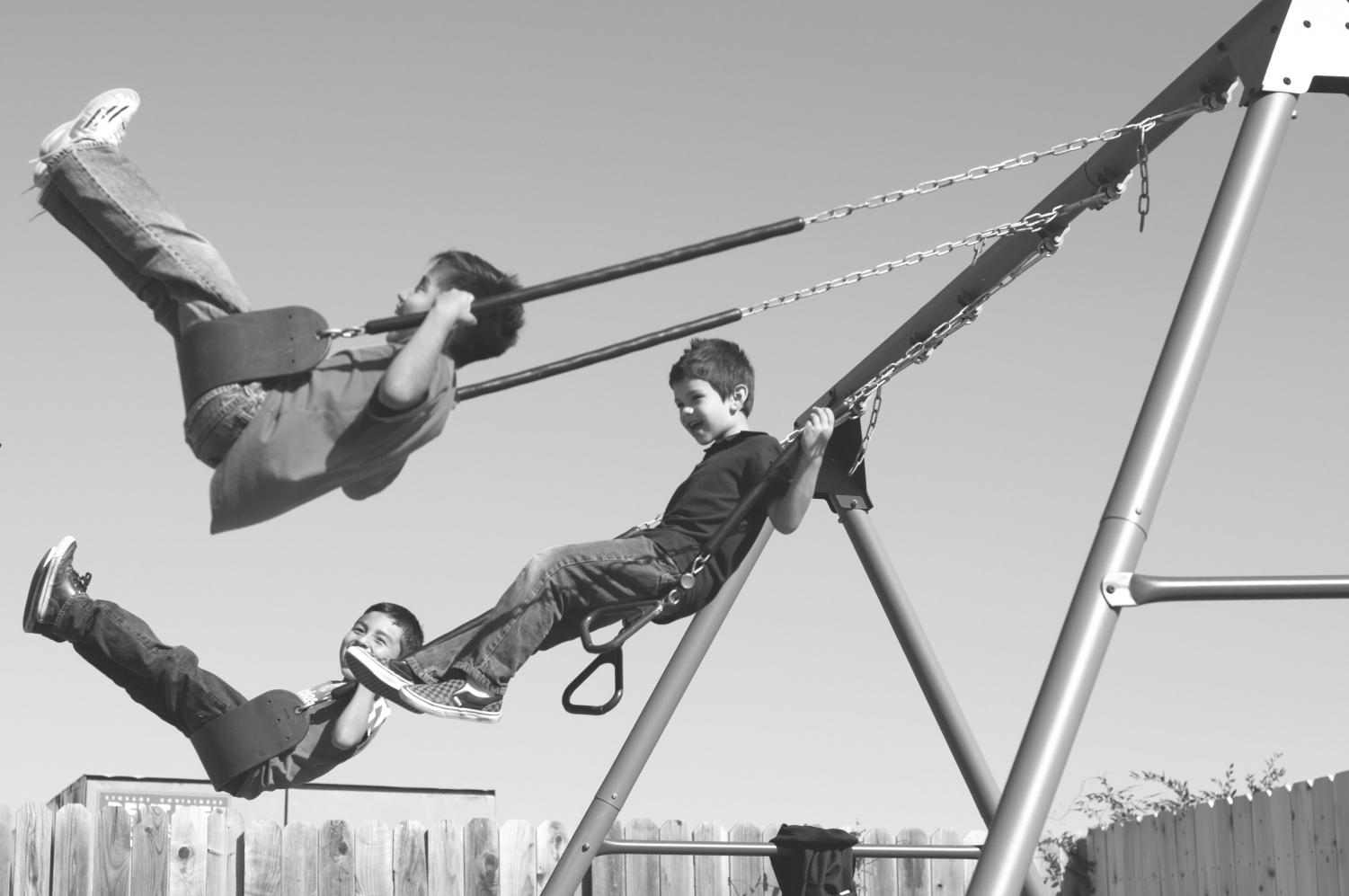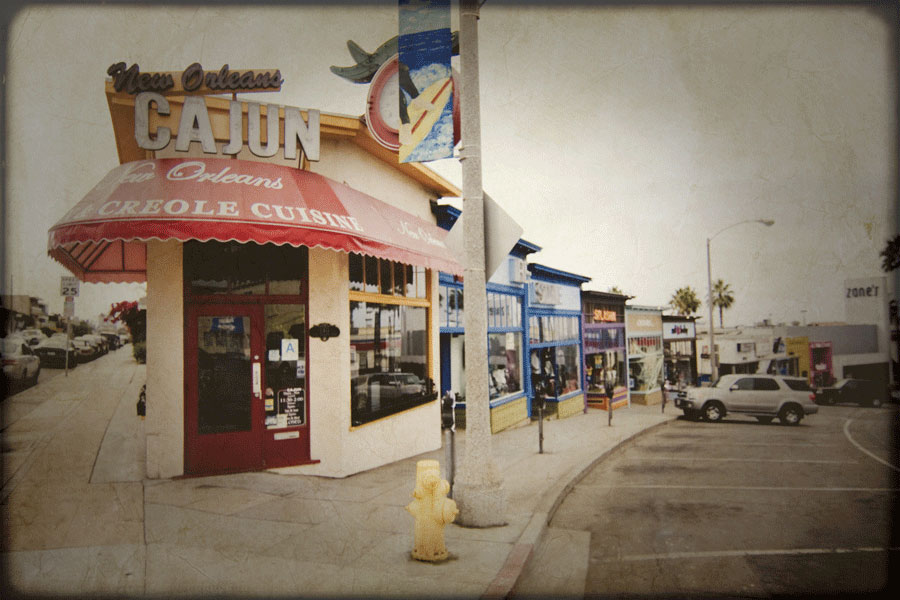Written by Nicole Miller
When we hear the words “mission,” and “ministry,” our minds tend to automatically drift to the unreached people groups of Asia and Africa. Especially within the American Church, the concept of ministry is often so closely associated with spreading the Gospel and serving people abroad that we can forget about our local communities, neighborhoods, and cities.
In Acts 1:8, Jesus delivers the Great Commission, declaring, “But you will receive power when the Holy Spirit comes on you; and you will be my witnesses in Jerusalem, and in all Judea, and Samaria, and to the ends of the earth.” As believers, we are called to go and minister to the lost, poor, and unreached. However, Jesus did not just say to go overseas; he told his disciples to start where they were in Jerusalem.
Similar to the disciples, we are called to serve abroad as well as at home.
“It is important for us to follow the Acts 1:8 model. We start where we are,” says Chelsie Balli, Student Missionary Union Director of Missional Development. “God has placed us here for a reason. We must look at this as our Jerusalem. We do not just go to the ends of the earth. People around us need Jesus too.”
Our automatic reaction should not always be to serve overseas and forget that the local mission field has the same desperate need for the gospel. The needy, lost and unreached live in our own backyard as well as abroad.
“We have been so known for just going to the ends of the earth,” says Michael Beatima, Biola’s SMU Local Missions Coordinator, “and forgetting about what is right here: Biola, La Mirada, Los Angeles.” Ministry is not a place, or a destination to reach; it is not a one-time or twice-a-year action. Ministry is a lifestyle, and that lifestyle can be effectively displayed locally, as well as globally.
We are called to love our neighbor
Throughout the gospels, Jesus advocates an active ministry lifestyle to aid in advancing the Kingdom. In Matthew 22:37-40, he states that the greatest commandment is to love our God with all our heart, soul, and mind. The second is to love our neighbors as ourselves. We can clearly demonstrate our love for God by loving the people he has created in his image.
But who is our neighbor, and how do we go about loving them? Look to your right. Look to your left. Is there anyone there? Your neighbors are the people around you, whether family members, close friends, classmates, or complete strangers. Quite literally everyone, near and far. We can show our love for these neighbors through our words, actions, attitudes and service.
Solidarity acts out local missions
The Christian organization, Solidarity, seeks to follow Christ’s command of loving our neighbors through local ministry and daily service. Based in Fullerton, this community development organization works to invest in their local Latino neighborhoods. Their mission is to enable believers to be dynamic and passionate followers of Christ, equipping them to live lives marked by love and service.
“Their main goal is to love one another,” says Ann Teichert, SMU Local Missions Coordinator and Solidarity volunteer, “Their passion is for the church, and their heart is for their community. They really live it out.”
Living out the heart behind local missions, Solidarity’s staff truly becomes a part of the communities they minister to, even living in these neighborhoods. They are doing life alongside these people, loving them and their rich cultures. They choose to be upfront about their faith, because not everyone they work with is a believer.
Through serving in local ministries, we have the opportunity to impact the lives of believers and nonbelievers alike. We are given the chance to invest long-term in others because we encounter them in our daily lives. By participating in local ministry, we not only bless the lives around us, but we also allow ourselves to cultivate character, and practice discipleship. When we soften our hearts towards God’s people, we also soften our hearts towards God himself.
Solidarity has several initiatives that allow them to invest long-term in local and global ministries. Each initiative has multiple programs that allow them to interact with the surrounding communities. For example, the local initiative has two neighborhood programs at different locations that provide after-school programs for children, as well as leadership and church services for youth and adults. What started off as college students tossing a ball around with neighborhood children, has grown into multiple programs that impact children and adults alike. Sometimes all we need to love and serve our neighbors is the willingness to give a little bit of time and effort.
Meg Votta, director of one of Solidarity’s after school programs called Maple Initiative, explains that through her experiences working with Solidarity, she has learned that love does not need to be complicated or earned. After all, we have not earned God’s love by any means, but he still pours it on us. Through her volunteering with local ministry, and now in her job with Solidarity, Votta has witnessed the joy of freely serving and loving the people around her. She has built strong relationships of trust with parents, and has become a spiritual mother to the children she serves, investing completely in their lives.
The ministry mindset
Katrina Greene, an intercultural studies professor at Biola University, has partnered with Solidarity since 2010. Through her class, Project Evaluation and Assessment, Greene provides her students the opportunity to interact with local ministries and non-profits by volunteering with these organizations. Students observe and assess whether or not the ministry is accomplishing what it set out to do, how they go about doing it and if changes need to be made. The students not only spend time evaluating these ministries, but also get to play an active role in them. This opportunity allows them to engage in the lives of others, witnessing the impactful influence these local ministries have in peoples’ lives.
Greene constantly challenges her students to live missionally, asking them, “Are you smelling like Christ today? That does not mean that you walk around with a Bible and a cross – how are your interactions with people, how are you treating people, how are you involved in people’s lives, how are you being salt and light?”
Even if we do not feel called to leave the country, we can still contribute to serving God’s kingdom in our local communities. Staying home does not minimize our responsibility of glorifying God where we are. God has intentionally placed us where we are for a purpose, and we must trust him in that.
Votta reminds us that ministry is a mindset and a lifestyle.
“Ministry should be our lives,” says Votta. “We do not need to go overseas to live it.” Through Christian organizations, ministries and non-profits, students can easily get involved in their local communities.
Don’t be afraid to get involved
Even on Biola’s campus, we are presented with plenty of possibilities to get involved with local ministries through the Student Missionary Union. The resources that SMU provides enables students to serve both on and off campus. It is through daily acts of service that we glorify God by loving the people he has created.
“We are living in an all hands on deck time,” Greene emphasizes. “I believe God needs his people everywhere, doing everything. Wherever God places you, how are you living for and through him so that other people [will] be able to not see you, but see him in you, and then be drawn to him?”
We have a big God. He is in control, his will is perfect, and he cares deeply for his people. Whatever mission field he has called us to, that is where we can be effective, locally or globally.
There is beauty in blooming wherever God has planted you.




